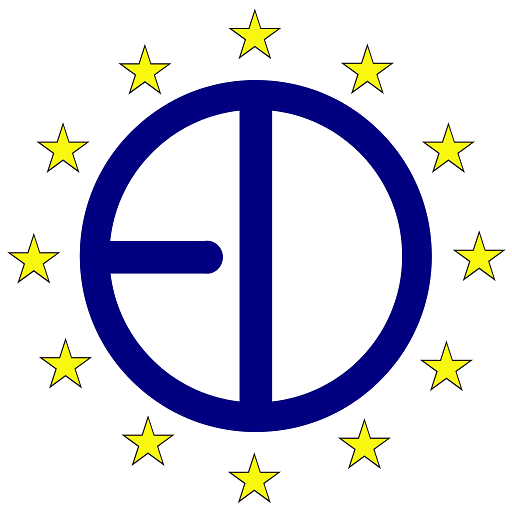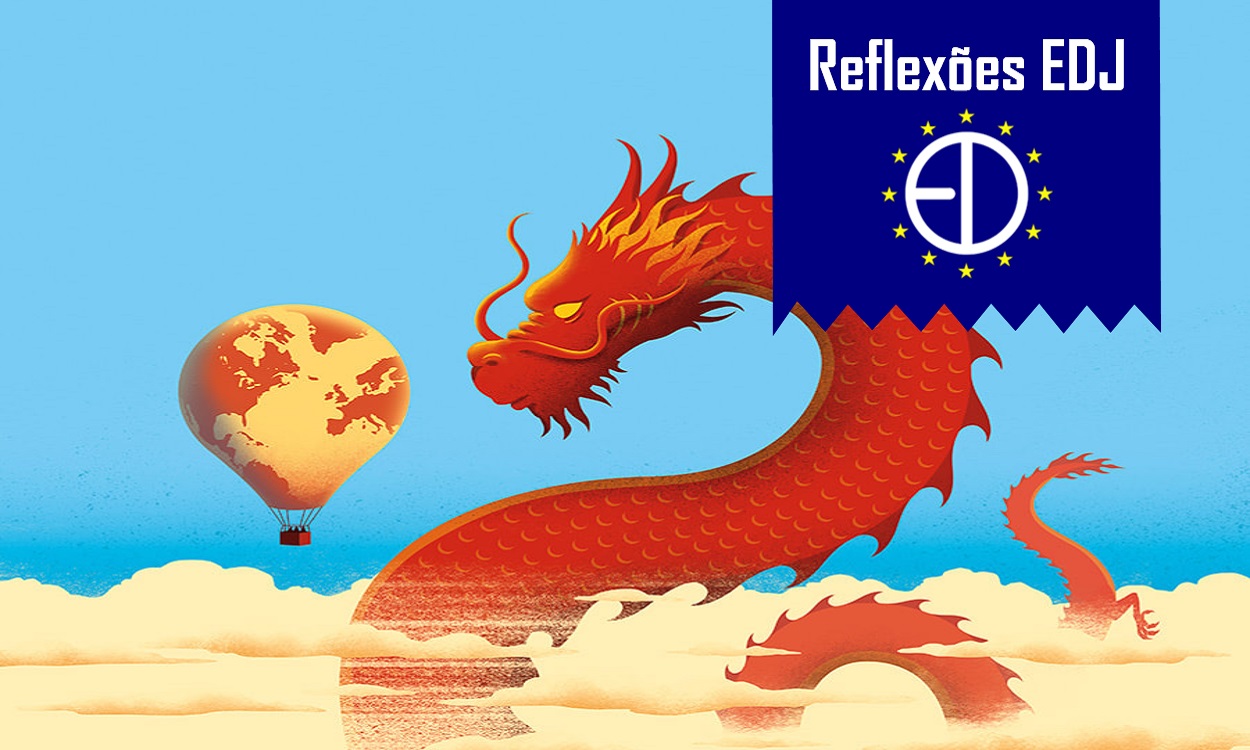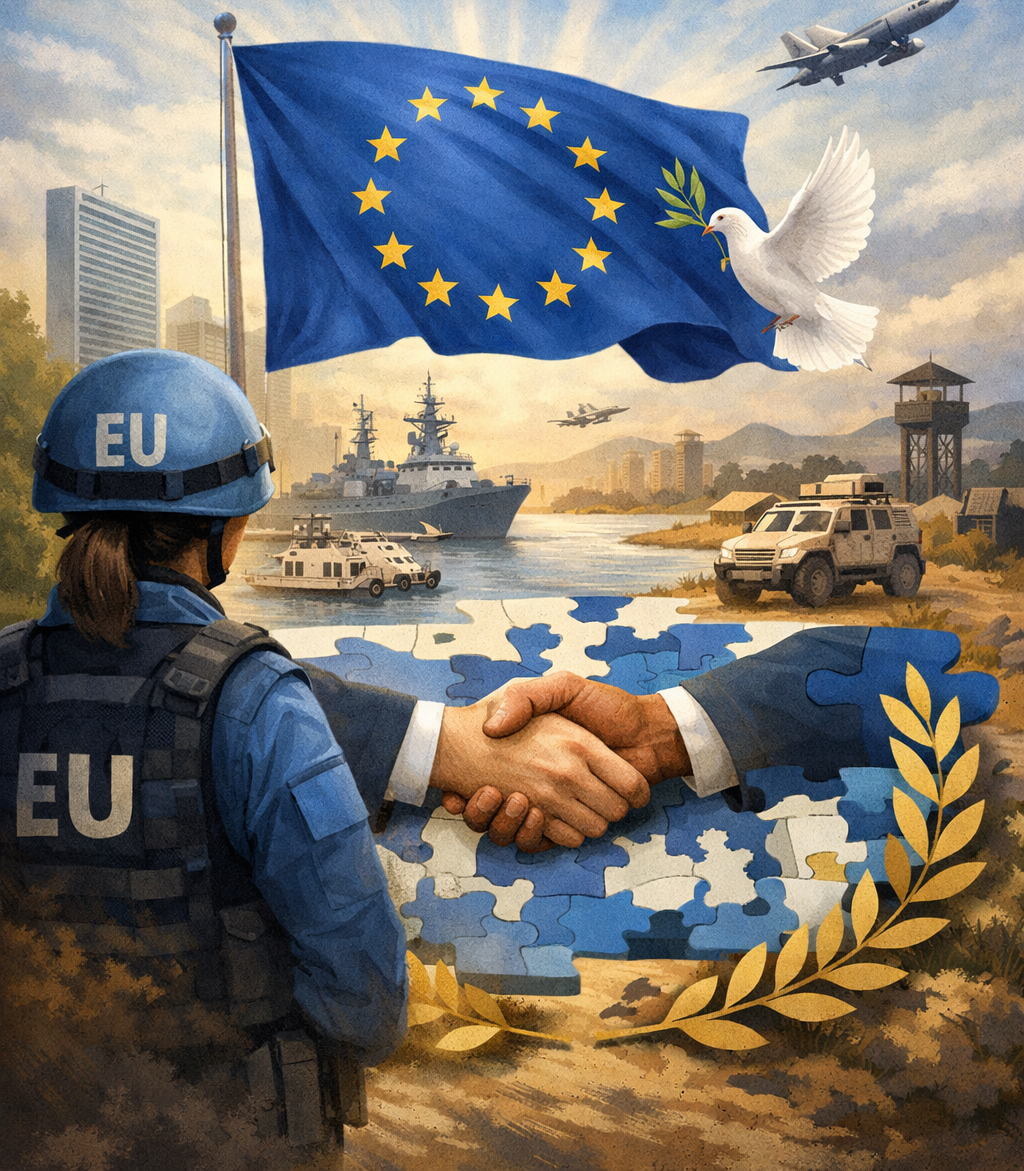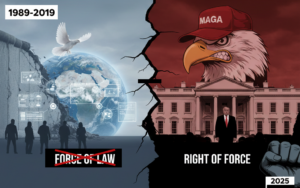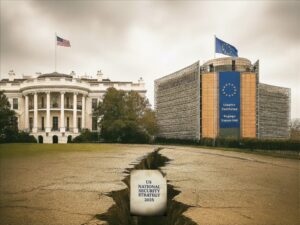Introduction
When we try to visualize the world today, we can clearly observe the growth of the East vis-à-vis the West. The world has (or perhaps has returned) to count on the East as a relevant and capable zone in the international scene. This return, which once was economically symbolized by the Asian Dragons and Tigers, today is represented by the once self-proclaimed “Middle Kingdom” or, as it is called nowadays, the People’s Republic of China.
Since Mao’s death, we can trace an evolution in Chinese foreign policy in relation to its role on the international scene. If with Deng Xiaoping it was based on the maxim “watch cautiously, hold our ground, meet the danger calmly, hide our capacity, while also getting something done” (Xing, 2019), respecting the international norms instituted at the time; the same cannot be said about the current president of the Chinese Communist Party (CCP), who is characterized by having an almost revisionist perspective of the international arena, wanting to show that the self-proclaimed “Middle Empire” is back and has a word to say about what happens around the world.
Why the military surge
Last year, China had broken its record for military investment, increasing its budget in comparison with the previous one; something that was further surpassed by this year’s budget, constituting a steady increase in its military budget over the years. But to understand a little better the security relations between the West and China, it is necessary to understand its military growth, something that can be seen in two ways: as a result of internal and external pressure.
On an internal level, the increase in the military budget presents itself as an expected consequence given the constant annual economic growth on China’s part, and it is natural that when the GDP increases, the money disposed for each sector also increases. To another extent, the increase in the military budget also serves as a demonstration of power and resilience to the population. It is important for the party to show the population that their country is strong under its command, thus increasing confidence in them and mitigating discontent with the image that the party wants the people to have when thinking about their country.
Externally, we can relate Chinese militarisation to the various issues around them. The various maritime proclamations in the South China Sea, the Taiwan issue, the conflicts on the border with India, the presence of relevant actors in a regional context (South Korea and Japan), the recent AUKUS military alliance and the growing US presence in the South China Sea, make China feel the need to have an army capable of responding to any adversities presented.
The EU and China’s security relations prospects and what has been done so far
To ascertain the security relations between the European Union and China, we need to go back to 2020, where at the 11th Annual Consultation on Security and Defence, both discussed a wide range of security topics in order to foster trust and a greater understanding of each other’s vision. This meeting follows a series of events with the same purpose, resulting in the “EU-China: a strategic outlook”, which highlights the cooperation already undertaken and a list of actions that shall be endorsed by both.
One of those actions that can be considered successful was the Joint Comprehensive Plan of Action signed in 2015 by Iran, Germany, the EU and the 5 permanent members of the UN Security Council. This plan resulted in a 98% reduction of Iran’s uranium stockpile to levels considered safe, in exchange of the lifting of previously applied sanctions. Even so, Iran’s compliance with the agreement is something that has been constantly evaluated, being cited as one of the shared priorities in both European and Chinese security matters. However, this time, the agreement has a fundamental element, the Chinese presence in it, since the historical relations between China and Iran are still visible today, materialising themselves into the Belt and Road Initiative and the 25-year Strategic Partnership between the two countries.
Another successful cooperation is the battle against pirates in the Horn of Africa, constituting in the ‘Operation Atalanta’, which seeks to drastically reduce pirate attacks in the area. In 2018, the People’s Liberation Army (PLA) started its contribution to the EU Naval Force, thus starting the first EU-China naval cooperation while executing contain-piracy missions in order to stabilise the Gulf of Aden. This cooperation also meets Chinese interests in the area, since one of the components of the BRI, the Maritime Silk Road, passes through there, as well as 20% of world trade.
It is clear that an EU-China cooperation will always depend on the interest and benefits that China will take from it, with the latter always having as its main focus the stability of its borders and its economic interests, so when prospecting any cooperation, we´ll have to analyse areas where European and Chinese interests converge. But even with the existence of possible cases where cooperation is possible, relations between the two sides diverge on points which China considers that the European Union should have nothing to say, namely the issue of Hong Kong and Xingjian, matters that China sees as their internal affairs and that can affect their prospects for cooperation.
The role of the West in Chinese conflicts
In fact, it is difficult to categorise security relations between the West and China in terms of Chinese foreign policy, since their biggest project is something directed towards soft power, materialising in the Belt and Road Initiative, an infrastructure export project that aims to revive and improve the old Chinese trade routes. Therefore, when we talk about relations between the West and China at the security level, they´re mainly constituted around some of the aforementioned issues that have caused Chinese militarisation and the West´s perspective on them, resting most strongly on the case of Taiwan. Starting from this point, when we talk about the “West” we are mainly referring to the US, which is the country with the greatest connection and presence in that area of the globe; with Europe, even with a strategic outlook and some prospects of cooperation, still being in a position where it bears more of the consequences of the security relations between China and the US than in a situation where it has an important say, given the geographical distance and little solid presence in the territory.
Therefore, to better analyse the state of relations between the West and China, it is necessary to have a good understanding of Taiwan’s situation in order to see what can happen if the situation evolves into a conflict.
Taiwan
Taiwan and the United States have had a bilateral relationship since before the formation of the People’s Republic of China under the CCP government, but after their recognition, relations between the US and Taiwan became informal and unofficial in order to avoid friction with China. Until 2018, the Taiwan-US Relations Act governed informal relations between the two countries, allowing the US to have relations with the “people of Taiwan” and its government, the name of which is not specified. Following the passage of the Taiwan Travel Act by the US Congress in 2018, US-Taiwan relations have since been elevated to an official, high-level level, with the two countries formalizing their relations in 2019. A policy of deliberate ambiguity in US foreign policy toward Taiwan is important for stabilizing Cross-Strait relations and, if possible, assisting Taiwan in emerging from Beijing invasion.
Still, even with a somewhat ambiguous foreign policy, Taiwan’s situation is somewhat delicate and could certainly affect Europe even if not involved. A report by The Hague Strategic Institute makes this clear: if the PLA decided to invade Taiwan, the US would intervene, probably along with the UK and Australia, forcing Europe to make a decision on its position on the matter. In one hand, it could support the US, this way balancing against China, and in the other, it could remain neutral defalcating an important ally for its own security.
In an area where China would have a greater advantage given its geographical location in relation to the US, the latter would be forced to ask both Europe and AUKUS for support, forcing Europe to fall over to the American side of the war, making them enemies of China. The consequences of this decision could range from cyberattacks on critical European bodies, military confrontations in Djibouti or economic sanctions against Europe, reducing the export of crucial raw materials, sanctioning European companies and European citizens operating in China, similar to those that have been taken by the West in relation to Russia.
If Europe maintained a neutral position and did not support the US in the conflict, Europe would be sticking to NATO’s Article 5, where its constituent members are not obliged to support the US in East Asia. The problem would be that this decision would make the US reconsider its security support to Europe, possibly changing the American focus on Atlantic cooperation to possibly expanding cooperation in the Pacific, thus leaving Europe more vulnerable to Russian threats.
Chinese perspective on NATO
The situation in Ukraine has revealed the Chinese position on the world order. Having a somewhat complex position to analyse, the Chinese government has never expressed, at the time of writing, that it supports one side or the other (when it comes to the conflict directly), always asking for the doors of conversation to be open and that a solution to the conflict must be diplomatically negotiated. Still, the Chinese blame NATO, calling it, through their vice-minister of foreign affairs, “vestiges of the cold war” and that the consequences of its expansion could turn into situations “too dreadful to contemplate”. However, the Chinese position on the conflict and on NATO’s posture meets its link to the Russians; who, before the conflict, issued a joint statement through the Kremlin on how both saw international relations and a new world order. In this statement we can clearly see the closeness of the Sino-Russian relationship, with the Russians being in harmony with the Chinese on certain issues on which the West disagrees; the Taiwan issue, where the Russians advocate the “One China” principle; NATO enlargement, which they consider to provide “unilateral military advantages to the detriment of the security of others”, intensifying geopolitical rivalries. In the same document, both countries express their discontent with the American position on various topics, such as the alleged use of bio-weapons, its strategy in the Indo-Pacific, or the formation of the trilateral security partnership AUKUS, behaviours considered dangerous for the various actors of the international system.
But the most emphasised premise during the text ends up being the attack on American “hypocrisy” regarding its democratic values. In the statement, both countries emphasise that democracy is the best way to govern a country and the international system, but that each country should have a democracy adapted to its social, economic and cultural values, and that it is up to the country itself to decide whether it is a democracy or not.
When we read the document we can perceive that the Sino-Russian relations are stronger than ever and that, according to them, they have a cooperation with “no end lines, no forbidden areas, and no upper limits”, showing, in a clear harmony what they want for the world, where the UN has a relevant role, and where all the countries have a say, emphasizing the Chinese concept of the “community of common destiny for mankind”.
Conclusion
As has been observed throughout this reflection, security cooperation between the West and China is mainly based on the alignment of their interests, materialising, for example, in Chinese support for Operation Atalanta. Even so, it was possible to observe a great divergence in certain issues between the West and China, which is a relevant factor for a detour in relations between them. The fact that China’s foreign policy has the Belt and Road Initiative as its biggest project and is centred on economic cooperation between several countries, and the geographical distance and little presence of other actors, should also be highlighted. However, we can observe an increasing distance in the US-China relationship, where we see a China increasingly closer to Russia and with well-defined ideas of what it wants for the world, showing itself more and more as a revisionist power of the world order.
May 19, 2022
Tomás Duarte Ferreira
Member of Eurodefense Youth
Bibliography
Joris Teer, T. S. (2021, November). China´s military rise and the implications for European security. The Hague Centre for Strategic Studies.
O’Mahony, H. (2021). EU-China security cooperation: An intersection of interests?
EIAS.
People’s Republic of China, R. F. (2022). Joint Statement of the Russian Federation and the People’s Republic of China on the International Relations Entering a New Era and the Global Sustainable Development.
Xing, L. (2019). Understanding the Multiple Facets of China’s “One Belt One Road” initiative.
European Commission (2019). EU-China – A strategic outlook
NOTA:
- As opiniões livremente expressas nas publicações da EuroDefense-Portugal vinculam apenas os seus autores, não podendo ser vistas como refletindo uma posição oficial do Centro de Estudos EuroDefense-Portugal.
- Os elementos de audiovisual são meramente ilustrativos, podendo não existir ligação direta com o texto.
